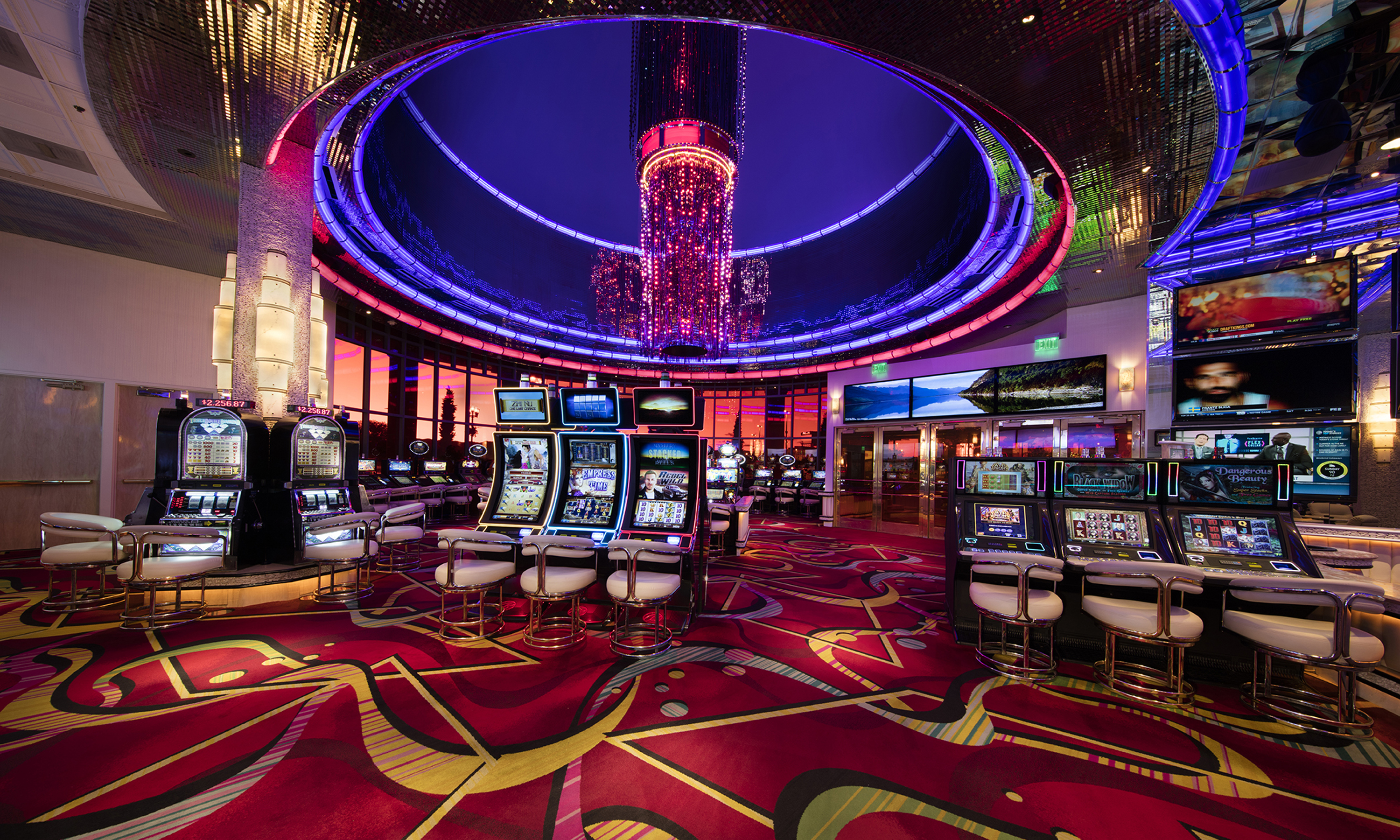
Casino games have long been a engaging source of amusement, drawing countless of players from different cultures around the globe. From the glitzy casinos of the Strip to the busy gambling halls of the Chinese gambling capital, these games serve as a link that brings together people across different backgrounds. The allure of luck, skill, and gambling entices not only those hoping to win money but also those seeking a shared experience.
The influence of casino games extends well beyond the gaming floor. They often embody the social norms and principles of the communities in which they flourish. Games such as seven-card stud, blackjack, and the wheel game have embedded themselves into the tapestry of cultural phenomena, influencing multiple fields from films to clothing. As we explore this fascinating intersection of chance and culture, we can gain insights into how these games shape and are influenced by the surrounding world.
Historical Evolution of Gaming Activities
The beginnings of casino activities can be tracked back to ancient cultures, where betting in multiple forms was extensively engaged in. In Ancient China, around 2300 B.C., a form of lottery known as Keno was well-known, while in historic Rome, soldiers would frequently wager on the outcomes of their matches. The notion of using luck for fun and profit developed over the centuries, leading to the formation of more formal activities. By the late Middle Ages, betting houses started to appear in the continent, especially in Italy, which brought forth early forms of well-liked activities still enjoyed today.
As gambling gained popularity in European regions, the 17th and 18th centuries saw the rise of gambling establishments as dedicated venues for gambling. The first official gaming venue, the Ridotto, was established in the city of Venice in 1638, featuring games like Baccarat games and Faro games. This time marked a major pivoting point, as gaming venues commenced to welcome not just the wealthy but also the burgeoning middle-income class. The refinement of activities evolved, leading to the introduction of new rules and modifications that improved the experience of players.
In the 19th century, the industrial age and shifts in social standards additionally changed the terrain of gaming activities. The introduction of the game of roulette and new one-armed bandits drew a broader crowd, and casinos became seen as legitimate recreation. This time witnessed the globalization of gambling, as casinos spread from the continent to the Americas, culminating in the establishment of the famous Las Vegas Boulevard in the 20th century. The evolution of gaming activities has persisted into the present day, including modern technology and digital sites, allowing them accessible to a universal population.
### Cultural Importance within Various Communities
Casino games have profound cultural importance in a multitude of cultures throughout the globe. For instance, in Las Vegas, the very fabric of the city is woven around casinos, where playing is not just a pastime but a fundamental aspect of leisure and community life. The dazzling lights and vibrant atmosphere attract millions, showcasing how casino games can impact local economical structures and cultural uniqueness. This surrounding transforms the notion of recreation into an immersive encounter that shapes style, sound, and even film.
Conversely, some societies view wagering with greater care, viewing it through the lens of morality and heritage. A case in point, in numerous Eastern societies, games like Mahjong and Pai Gow Poker are full of history and possess significant social meanings. These games are often played during meetings and occasions, fostering social ties and solidifying familial ties. The act of participating in these games goes above mere entertainment, reflecting values such as honoring elders and the significance of collective enjoyment.
Simultaneously, in Western countries such as Monaco and Italy, games of chance serve as symbols of opulence and elegance. The refined atmosphere of these locations attracts both tourists and locals, maintaining a sense of prestige and rarity. The art of poker and the tactical components of games like banker’s game are esteemed, shaping interpersonal interactions and establishing an appeal that enthralls a diverse audience. This emphasizes how games of chance can simultaneously mirror and mold cultural perspectives towards danger, gain, and social interaction.
Economic Impact and Tourism
Casino games play a significant role in the financial context of many regions, particularly those that depend significantly on visitor traffic. The revenue generated from casino operations fuels local financial systems, creating jobs not only within the casinos but also but also in related sectors such as hotel management, dining, and recreation. This influx of tourists, drawn by the attraction of games and the overall gaming environment, stimulates spending across multiple local enterprises, contributing to the economic health of the area.
The existence of casinos often leads to the development of facilities, including lodging, public transit, and leisure amenities. These developments are essential in enhancing the overall tourist experience, making locations more appealing to tourists. Additionally, many casinos contribute in local communities through sponsorship of events and charitable initiatives, further integrating themselves into the social fabric of the region. Such contribution not only supports economic growth but also cultivates a positive image of the casino industry.
Moreover, the global popularity of casino games drives competitive tourism, with regions vying to attract players from around the world. Iconic locations like Las Vegas and Macau have become identifiable with casino culture, drawing millions annually. This advantage encourages innovation and variety within the gaming industry, influencing developments in leisure and accommodation that extend beyond their limits. The ripple effects of this visitor influx extend far, impacting local financial health and cultural interactions on a worldwide scale. 8OK
